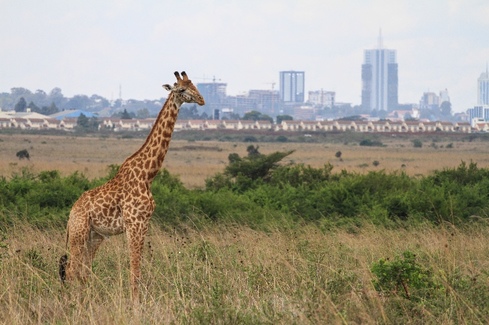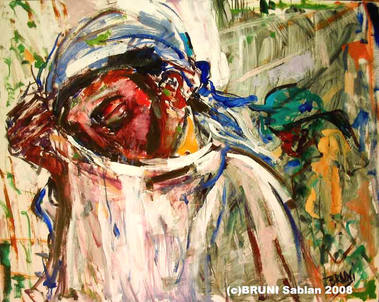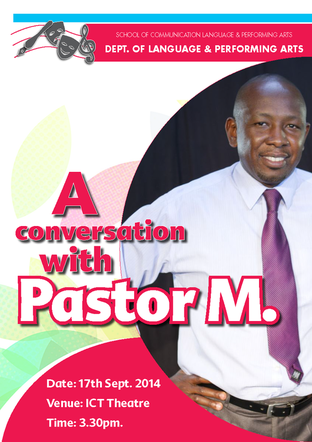 Nairobi National Park. (CREDIT: travellorspoint.com
Nairobi National Park. (CREDIT: travellorspoint.com I’d only heard of Pauline Njoroge in passing just a few days before. But the ignorance in the post shocked me so much, that I decided to check Pauline Njoroge’s wall to check if, maybe, I was getting her wrong.






 RSS Feed
RSS Feed
